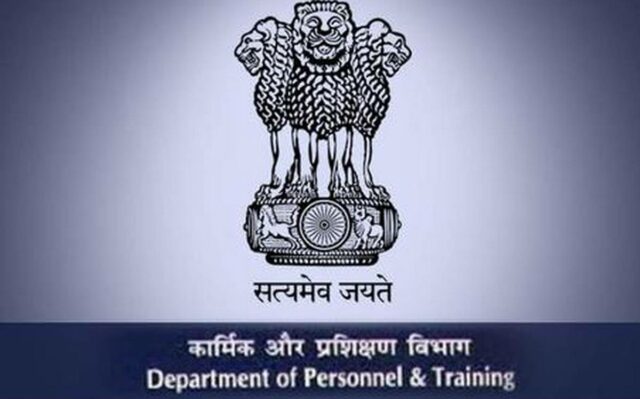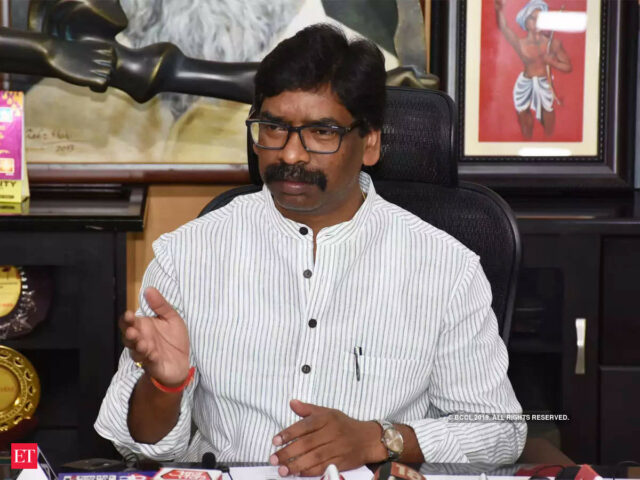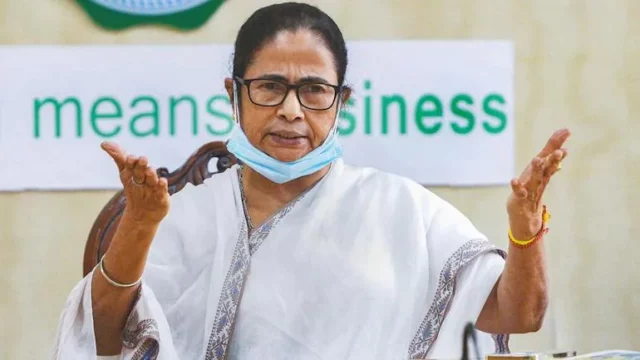The Indian Administrative Services have always been regarded as one of the most coveted tags to follow one’s name. The fact that almost every person who has been a part of India as a denizen once been prodded by their contemporaries to sit for IAS examinations should be a fair indicator to illustrate how important the post is.
Rather than just a government job, it is a chance provided to the many citizens to actively work with the policymakers of the country.
However, this week marked a sudden change in the working of the IAS. To elaborate, the Central Government decided to come up with a few suggestive changes to the cadre rules of the IAS. As of now, it is still awaiting approval from the respective states but almost every other state has depicted their discontentment concerning the proposed changes.
What Are The Proposed Changes In IAS Cadre Rules?
According to numerous sources, it has been reported that the proposed changes have been made owing to the recent deficit in the number of IAS officers at the Centre. Data dictates that the number of IAS officers has had a steep decline from 309 in 2011 to 223 now.
Furthermore, other reports suggested that only 10% of mid-level IAS officers had been allotted with the Centre in 2021, as opposed to the 19% in 2014. Thus, to tackle the situation hovering over the Centre owing to a dearth of IAS operatives, they came up with the new changes to the cadre rules.
The Centre came up with four amendments for the rules wherein they have sought to solve the problem concerning the deputation and allocation of IAS officers in the country. The states have displayed their concerns regarding the Centre’s intentions of possessing absolute control over the operatives.
The amendments posed were made in two instalments, wherein, the initial two amendments were made on December 20, while the other amendments were made on the 12th of January, in their revised proposal.

The initial proposal stated that the states had to send an all-encompassing list of all IAS officers operating there for the Central deputation reserve. It was further stated that the number of officers to be deputed would be selected by the Centre itself, upon consultation with the concerned State Government.
The second amendment provided emphasis upon the first as it dictated that the State would have to give effect upon the Centre’s whims, in case of disagreement, within “specified time.”
The revised proposal inculcated two other amendments as well which has caused enormous hue and cry amongst a plethora of opposition states. As issued by the Department of Personnel and Training, the revised proposal came with two other amendments that made the Centre’s power more ‘bearing’, so to speak.
The first amendment stated that if any State Govt. delayed and did not give effect to the Centre’s decision concerning the posting of a cadre officer, within the specified time; “the officer shall stand relieved from cadre from the date as may be specified by the Central government”.
Coupled with this, in specific situations, the Centre can call upon the aid of cadre officers in ‘public interest’. The state would then have to give its effect or consent in a specified amount of time, as opposed to the mandatory rule of securing a No Objection Certificate at present.
Also Read: Why Become An IAS If You Had To Resign Over The Same Issues You Were Sent To Change, Mr. Shah Faesal?
What Do The States Say?
As of now, 16 states have responded, among which only the BJP led states have given their approval. The states of Haryana, Manipur, Madhya Pradesh, Tripura, Uttar Pradesh, Gujarat and Arunachal Pradesh, have given their consent to the proposal.
On the other hand, the states of Odisha, Meghalaya, Jharkhand, Rajasthan and West Bengal, have already rejected the proposal placed by the DoPT, alongside which, three other states have written a letter to the Prime Minister opposing the move.

The DoPT had initially elaborated upon the decision that the states had not elected enough cadre officers to be at the service of the Central Govt which has thus led to an acute shortage. These proposals had been sent initially on December 20, while successive letters followed on December 27 and January 6, seeking the accord of the State governments.
Finally, on the 12th of January, the States received the revised proposal, which only fanned the flames of dissent amongst them.

The Jharkhand Government, as well as, the West Bengal Government stated their dissension to be on the grounds of the proposal going against the “spirit of cooperative federalism.” Furthermore, Jharkhand’s Chief Minister, Hemant Soren, in a letter to the Prime Minister, Narendra Modi, wrote;
“Centre should introspect and find out the reasons for the perceptible decline, over a couple of the last few years, in the number of officers opting to go on Central Deputation.”
Amongst other states, the Chief Minister of Chhattisgarh, Bhupesh Baghel, has expressed his uncertainty concerning the proposal as he believes that the officers would find it impossible to work impartially “due to political interference.”
However, after all, that’s said and done, not all of the states have responded and it is of pertinence to note that for the smooth functioning of the country, the Centre needs its bureaucrats. However, it should not be done at the expense of violating the basic norms of a federal government as imbibed by the Constitution of India.
As of now, the next reminder for the states to respond to the inculcation of the proposed changes has been shifted to a later date.
Image Sources: Google Images
Sources: The Hindu, Deccan Herald, Times of India
Connect with the blogger: @kushan257
This post is tagged under: UPSC, government, All India Services, IFS, IAS cadre rules, IPS, exams, salary, perks, mental health, parameter, Indian Administrative Services, Indian Police Services, Indian Revenue Services, IRS, Indian Foreign Services, debate, argument, dream, passion, career, life, revenue, crime, law, order, union, state, government policies, field positions, district magistrates, divisional commissioners, responsibility, dopt, department of personnel and training
Other Recommendations:
Why Is There Demand For Banning The Movie “Why I Killed Gandhi”?































